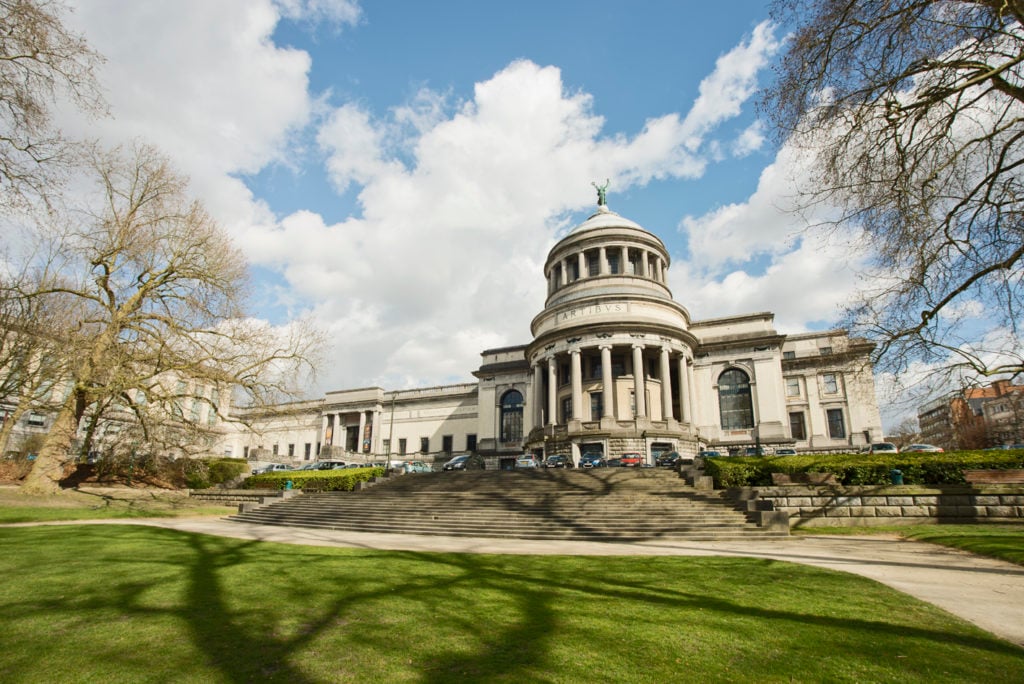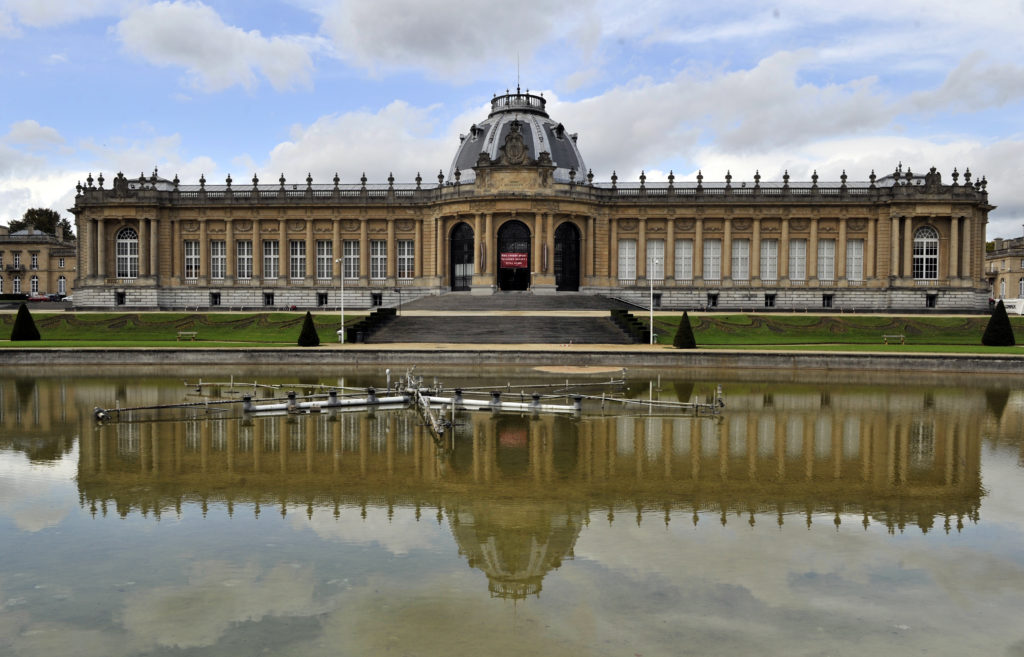Politics
‘We’re Coming Late to the Matter Here’: Belgian Museums Continue to Struggle With a Flurry of Restitution Claims
New Zealand and the Congo are just the latest nations to push for the return of their cultural artifacts.

New Zealand and the Congo are just the latest nations to push for the return of their cultural artifacts.

Karen Chernick

New Zealand and Congo have asked the Belgian government to restitute specific cultural artifacts currently held at the Art & History Museum in Brussels. New Zealand has requested that the remains of indigenous Maori people be returned, and Congo is appealing for the return of archives recording mixed-race populations in their country, kept during early 20th century Belgian colonial rule.
Restitution requests are nothing new for Belgium. In March of this year Belgian minister David Clarinval founded a committee to address the questionable origins of a number of objects currently held in national Belgian institutions. The committee’s establishment came just three months after the reopening of Belgium’s controversial Africa Museum (following a five-year restoration process that cost $84 million).
The rebranded Africa Museum, located on the outskirts of Brussels, prompted renewed requests from the Democratic Republic of Congo that objects taken without consent during Belgian colonial rule be repatriated. The museum has a dark history, originally built by King Leopold II as a propaganda tool to convince the Belgian people to establish a colony in Congo. (Leopold II established his own personal colony there in 1885, which became a Belgian colony in 1908 that was active until Congo won its independence in 1960.)

Museum of Central Africa (RMCA) in Tervuren in the suburbs of Brussels on October 9, 2013. It has since been renamed the Africa Museum. Photo by Georges Gobet /AFP/Getty Images.
“We’re coming late to the matter here in Belgium,” Clarinval told The Brussels Times. “The debate on restitution started already in America at the end of the 1980s.”
Belgium may be accustomed to restitution requests, but they appear to be unusual for the Art & History Museum, whose website carefully states that: “The Museum houses an incredible collection of works belonging to all four corners of the world (with the exception of Sub-Saharan Africa).”
Restitution of African art objects taken without consent during European colonial presence has been a hot issue in recent years. Museum collections in the UK, France, and Germany all have African artifacts with problematic provenance.
French president Emmanuel Macron announced in 2017 that France would attempt to return objects looted from Africa. (Two years after this dramatic declaration in Burkina Faso, however, only one of around 900,000 objects of sub-Saharan origin in French national collections has been returned, and that restitution took place last month.)
“I fully agree with President Macron that it is not normal that 80% of African art is in Europe,” Guido Gryseels, the director general at Belgium’s Africa Museum, said at the press preview of the museum’s reopening last year. “We are open to constructive dialogue. We are willing to consider requests for restitution.” Time will tell how this—and future restitution requests—will be handled in Belgium.